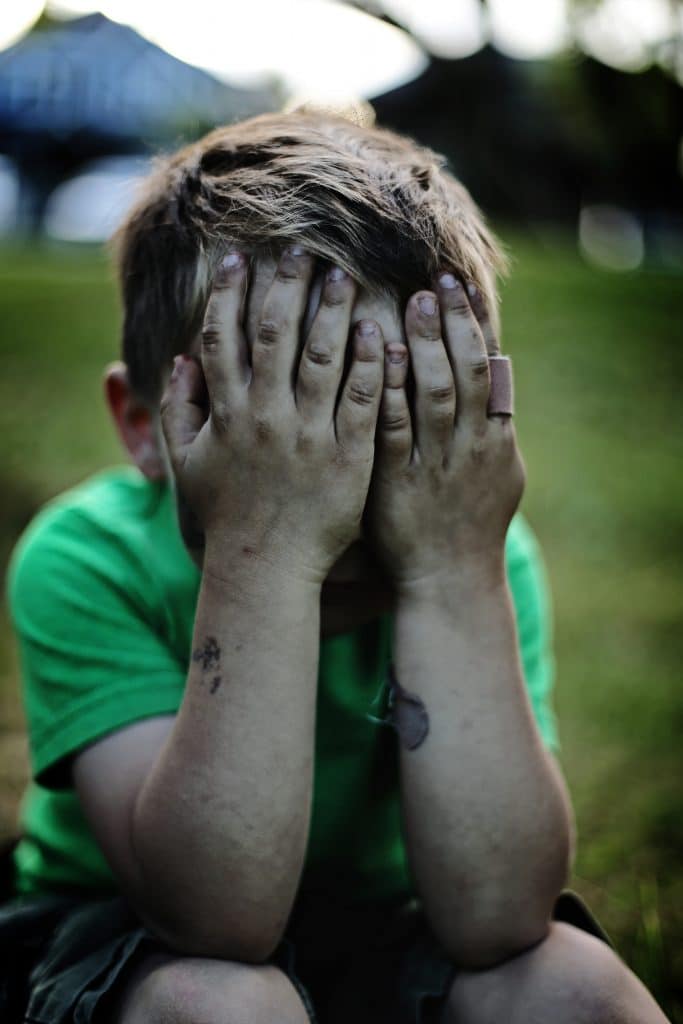
Anxiety disorders in children are very common. As children mature they often experience changes in their nervous system and symptoms of an anxious disposition. Children who exhibit nervousness and fear may be excessively sensitive to criticism, ridicule, or teasing. In addition, some children who suffer from anxiety disorders will also exhibit aggressive and hostile behavior.
You should make use of a qualified medical professional when it comes to dealing with anxiety disorders in children. This is necessary for the proper treatment of this condition. A qualified professional should be able to get help for your child with anxiety and be able to successfully treat him or her. Many children go through prolonged periods of severe anxiety before getting help. You should try to get help for your child as soon as possible.
There are several types of anxiety disorders in children, however the most common is separation anxiety disorder. As young people are growing up, many of them have to move from home to school. When young people move away from their parents, they feel nervous because of the change and the unfamiliarity of the place they are going. Some of these children later grow up into adults and develop other problems like depression or substance abuse.
As young people continue to grow, they also develop other problems like school performance, social anxiety disorder, and personality disorders. School performance can be affected by separation anxiety in older children may not be able to focus properly on school assignments and other activities. Older children may also fail to get along with classmates and friends. Social anxiety disorder can affect interactions with peers, families, and adults.
A good treatment for anxiety disorders in children is cognitive behavioural therapy. This type of therapy helps to determine the root cause of anxiety and teaches ways of coping with it. Therapy can be conducted individually or with the help of a therapist. Counseling sessions can be conducted with parents or siblings. Cognitive behavioural therapy can teach ways to calm the child during stressful situations. Parents should take an active part in this therapy, since it will help them and the young person to cope with anxiety disorders.
Another anxiety disorder in children is the obsessive-compulsive disorder (OCD). Although this disorder is relatively widespread, there is no effective treatment for it. ODD usually starts during childhood and continues until adolescence. Many young people worry about many different things, some of which are irrational in nature. They usually keep these worries to themselves but may show signs of anxiety and depression when faced with what they consider to be overwhelming concerns.
